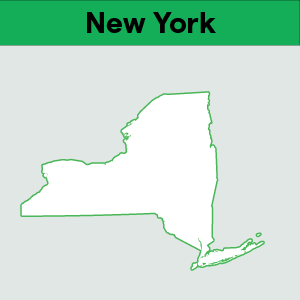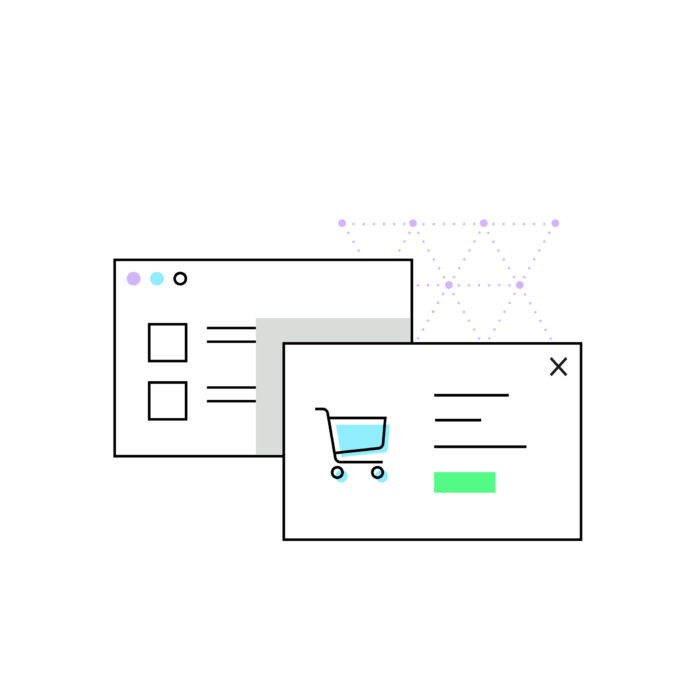Do Amazon Sort Centers create nexus?
by December 1, 2024
When Amazon announced that they would be opening “sort” centers to speed up deliveries and avoid holiday delivery bottlenecks, we were curious about one thing: Do Amazon sort centers give online sellers sales tax nexus?
After all, storing inventory in Amazon fulfillment centers creates sales tax nexus for Amazon FBA sellers. So do these new facilities do the same thing? We looked into the sort centers and then reached out to some trusted sales tax advisors to find out more.
Extra: Click here for a list of locations of Amazon sort centers.
Amazon Sort Centers 101
Amazon’s sort centers were built in key areas with an ambitious goal in mind – to speed up delivery and even offer same-day delivery in some locations. They’re generally located in commerce hubs, such as Kenosha, Wisconsin (between Milwaukee and Chicago) and Atlanta, Georgia. Amazon is attempting to deliver products faster in other ways, too. They’re building more Amazon fulfillment centers, hiring more seasonal workers during the holiday season, and even have a contract with the USPS to deliver packages on Sundays.
There were some tradeoffs for Amazon, however. The company only had to begin collecting sales tax in Maryland in October 2014, and this was due to the opening of a sort center in Baltimore. Before then, Amazon didn’t have a physical presence in Maryland and thus weren’t required to charge sales tax.
Amazon Sort Centers and sales tax nexus
But the big question is, do sort centers like the ones in Wisconsin, Georgia and Maryland give Amazon sellers sales tax nexus in those states?
We asked two experts. Here’s what CPA Sylvia Dion had to say:
“The activities that create nexus for FBA sellers in various states are the legal ownership of inventory in a state (physical nexus) and fulfillment of their orders by Amazon (agency nexus).”
She added, “The sort centers and the hiring of Amazon employees to perform sorting services at these locations would not by themselves create nexus for FBA sellers.”
Dion went on to give an example: “Let’s say that an FBA seller has inventory in a Florida Amazon warehouse, an order comes in, and the product is pulled, packaged and prepared for delivery at the Florida warehouse. The purchaser is charged for the goods they purchased and legal ownership of the goods has transferred to the purchaser. The already fulfilled (boxed shipment) is then transferred to a sort center in Georgia. Let’s assume the FBA seller has no other nexus to Georgia. By this time, the FBA seller no longer owns the inventory (the purchaser does) and the order was fulfilled out of Florida (not Georgia). The fact that the purchaser’s package has made a stop in Georgia where it is sorted along with hundreds of other orders doesn’t give the FBA seller nexus in Georgia. But, in addition to sort centers in Georgia, there will also be sort centers in states where warehouses and fulfillment services are already occurring, e.g., Texas, Arizona, New Jersey, Kentucky and California, so in most states where sort centers may be set up, the FBA seller could already have nexus anyway.”
CPA Lauren Stinson from Windward Tax summed it up nicely: “As far as the sort centers, I think that is just for mailing logistics – so product wouldn’t really be in inventory – they would already be in the stream of commerce (i.e. in the mail) which doesn’t create nexus.”
So long story short, by the time a package gets to a sort center it has already been bought by the purchaser. By that point, the inventory is purchased and in the stream of commerce, and thus sort centers do not give an Amazon FBA seller nexus.
It’s also worth noting that Amazon is building fulfillment centers in Wisconsin, Maryland and other states where they have sort centers. So, even if you don’t currently have sales tax nexus in a state, you may find that you end up with nexus at a later date after Amazon opens a fulfillment center in that state. Check out this link to pull a report and find out where Amazon is warehousing your products right now.







